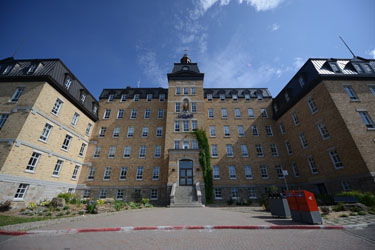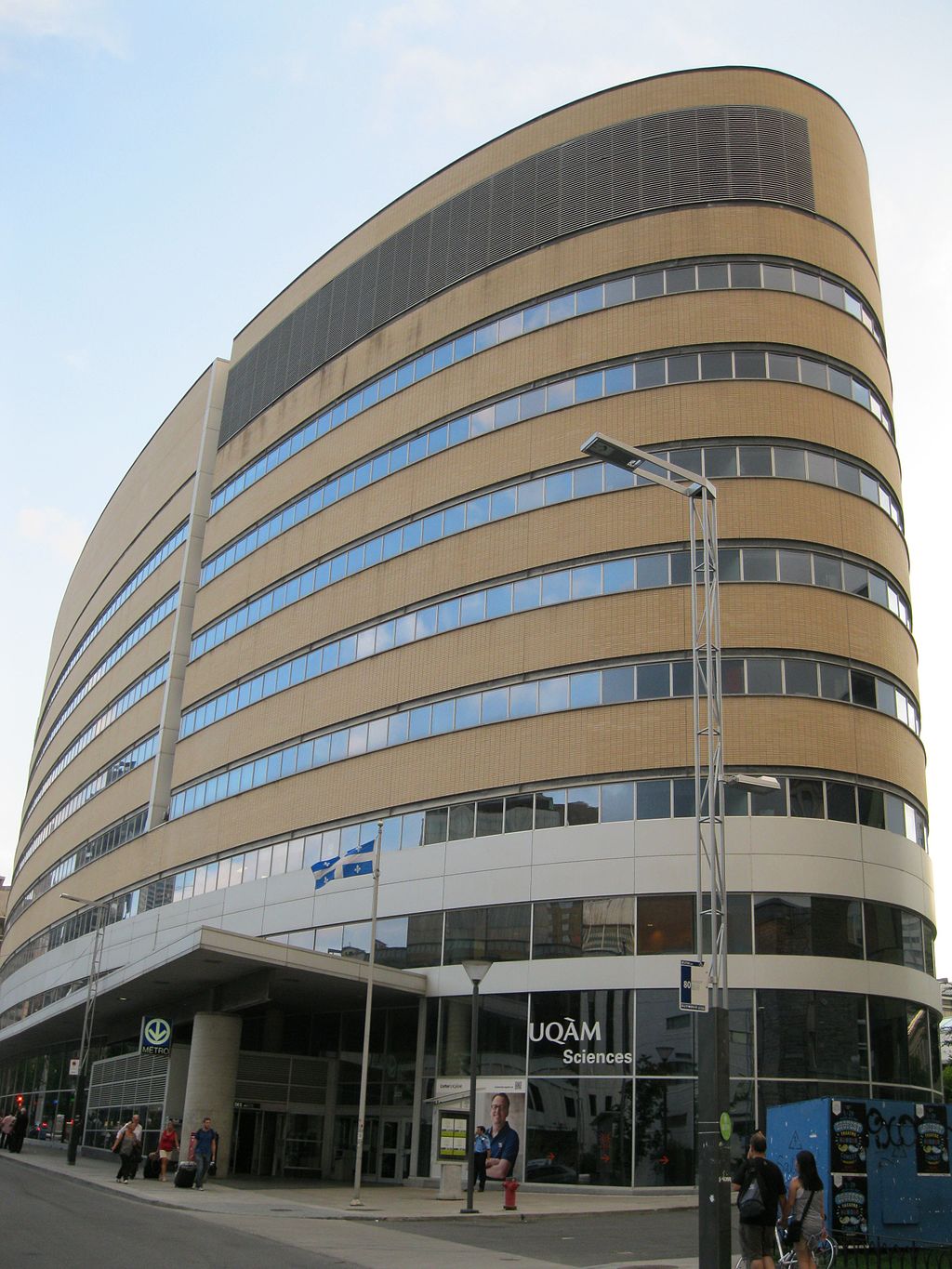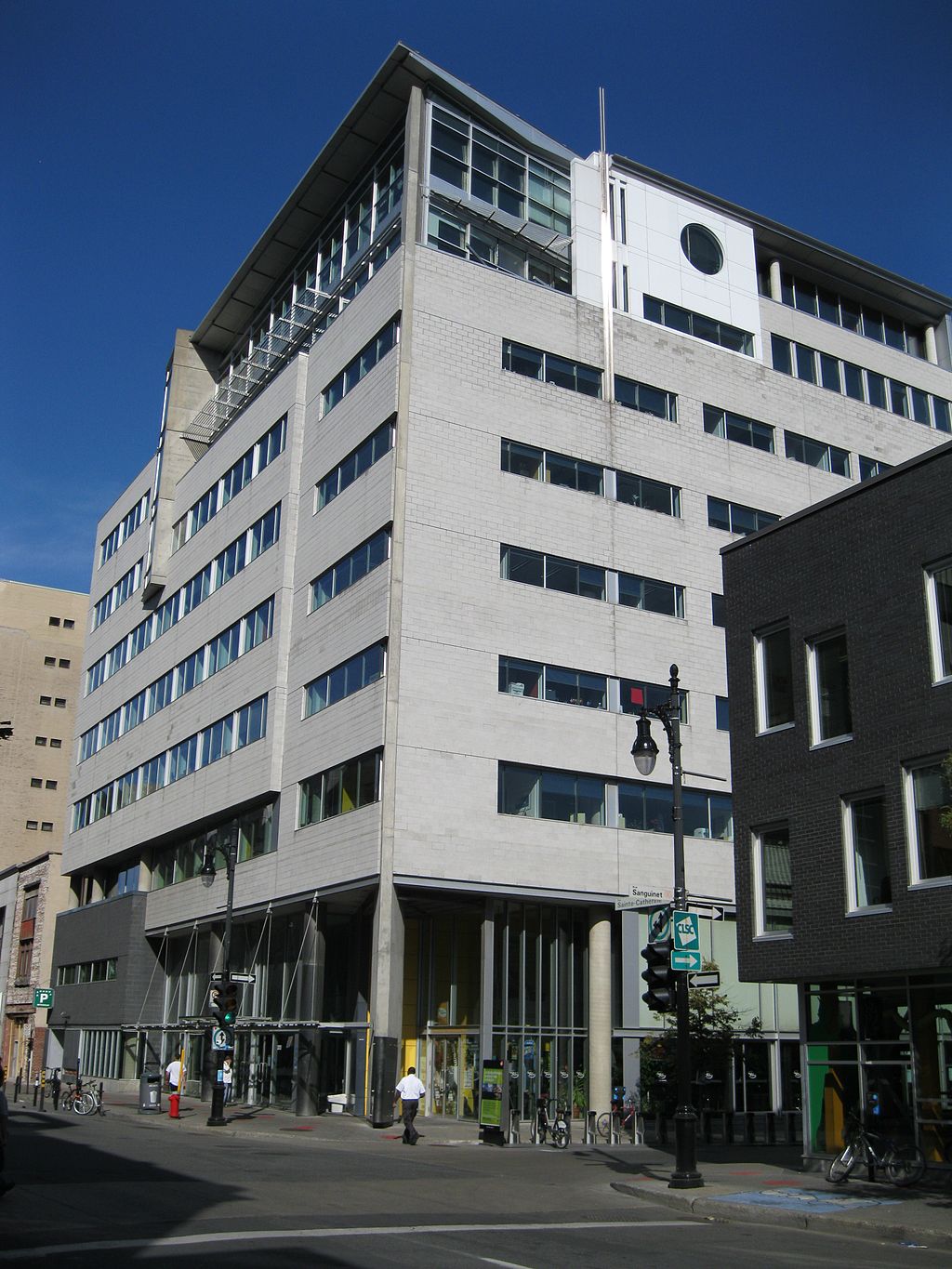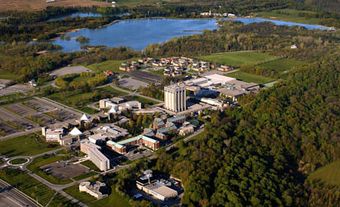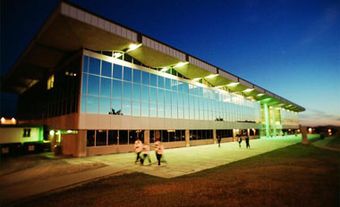History and Background
The Université du Québec network was conceived as a vital element in the reform of the Québec education system recommended by the Commission of Inquiry on Education (also known as the Parent Commission). The UQ network responded to the commission’s threefold mission: to promote access to university education, contribute to Québec’s scientific development, and participate in the development of its regions.
Active throughout the province through its network of 10 institutions in 54 cities, the Université du Québec offers comprehensive university education in more than 1,000 programs of study at the undergraduate, graduate and post-graduate levels.
Influence
In addition to academic training, the network is actively engaged in research. Its institutions are particularly concerned with innovation in science and technology sectors linked to Québec’s territorial, economic and social specificities. Maintaining its reach throughout the province is also a priority — the presence of UQ institutions supports the establishment of regional networks and niches that foster development and attract entrepreneurs, ensuring the vitality and sustainability of the regions.
Network
The Université du Québec’s network includes the following institutions: Université du Québec à Montréal (UQAM), Université du Québec à Trois-Rivières (UQTR), Université du Québec à Chicoutimi (UQAC), Université du Québec à Rimouski (UQAR), Université du Québec en Outaouais (UQO), Université du Québec en Abitibi-Témiscamingue (UQAT), Institut national de la recherche scientifique (INRS), École nationale d'administration publique (ENAP), École de technologie supérieure (ÉTS) and Télé-université (TÉLUQ).

 Share on Facebook
Share on Facebook Share on X
Share on X Share by Email
Share by Email Share on Google Classroom
Share on Google Classroom



